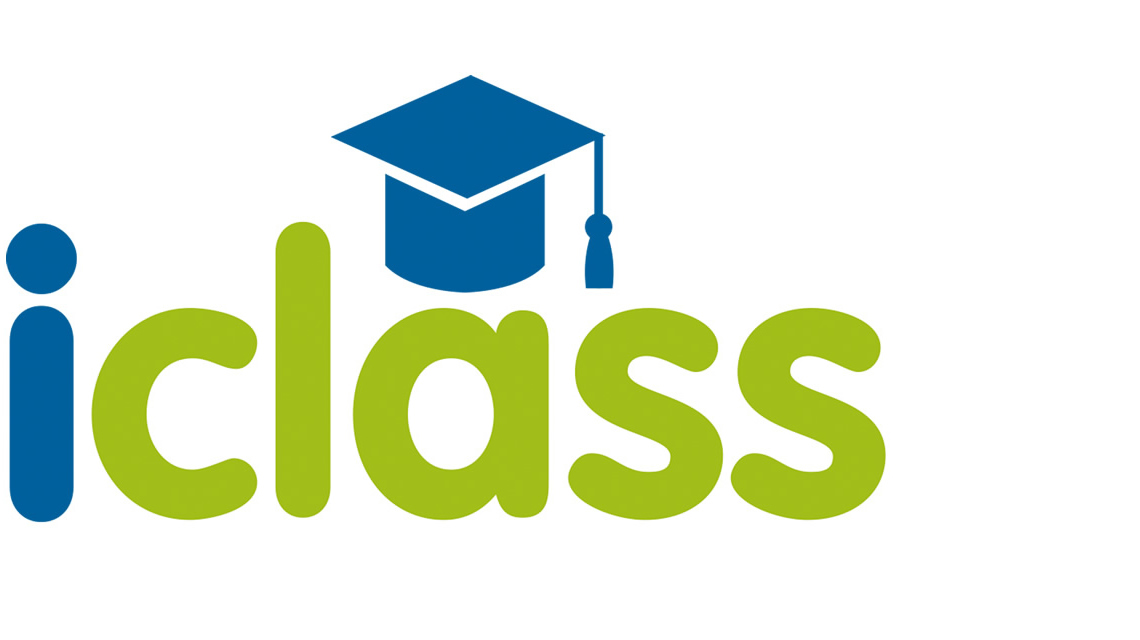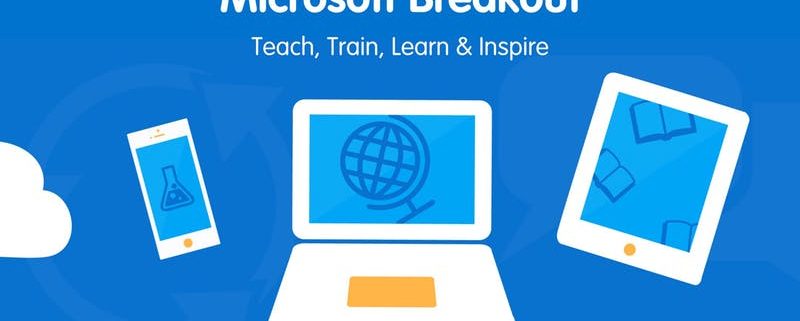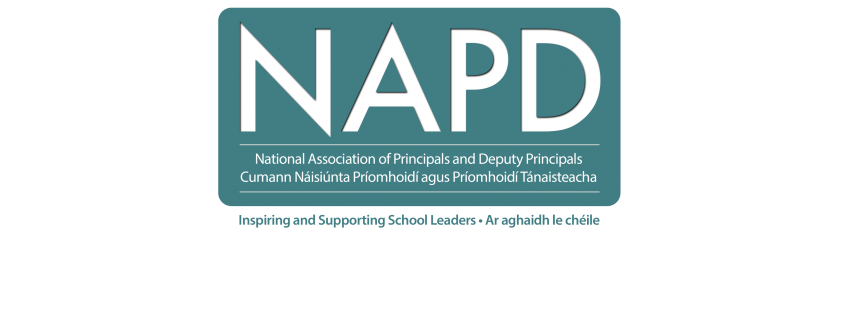One of the great things about digital technologies is how they can cut the costs of a range of traditional school expenses, such as money spent printing out flyers and registration forms for school events.
Whether you’re putting on a school play, taking the class to the zoo for the day or embarking on your annual school trip abroad, event registration costs and stack up over time, especially if your school regularly holds events for its students.
The iClass platform completely removes the costs for event registration thanks to its built-in event registration module, which as the name implies enables parents to learning about upcoming events and register their children for events via your school website or the iClass integrated app for parents.
In addition to accessing information and registration, parents can also make payments through the module while teachers can manage their own events with ease.
The registration module is just one of several great features available with the iClass platform.
To learn more, or to request a free website review, please get in touch with us today.











 UK + 442895907779
UK + 442895907779 customerservice@iclasscms.com
customerservice@iclasscms.com


